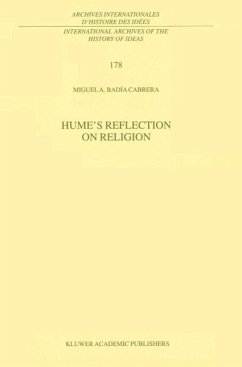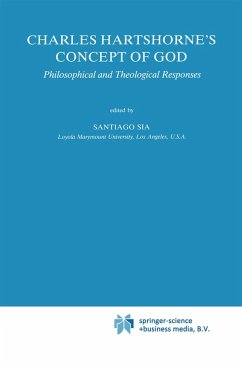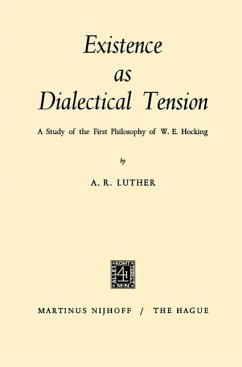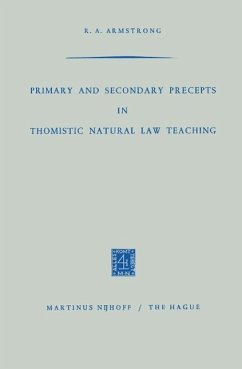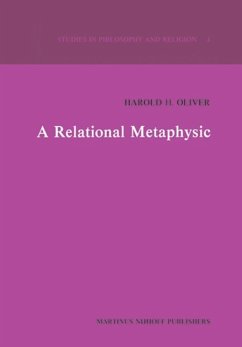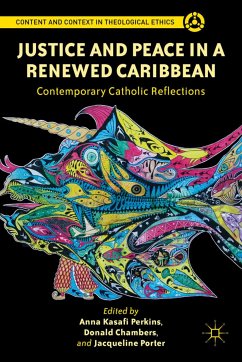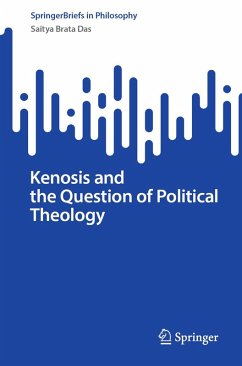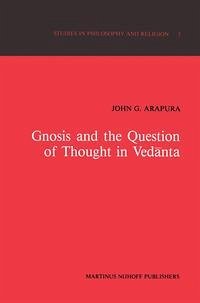
Gnosis and the Question of Thought in Vedanta (eBook, PDF)
Dialogue with the Foundations
Versandkostenfrei!
Sofort per Download lieferbar
112,95 €
inkl. MwSt.
Weitere Ausgaben:

PAYBACK Punkte
56 °P sammeln!
It would probably be generally admitted that Vedanta is the apex of the Indian (or Eastern) religious philosophies. Yet today it com mands so little attention, in part, no doubt, because the modem mood in scholarship refuses anchoring and centering of thought. The present work seeks to address modem thought though not in the modem mood. It is nevertheless motivated by the belief that there are times when the timeless is most timely. It is possible that the sources of a tradition such as Vedanta, if approached propefIy, will yield somethIng which can be brought within the ambience of the contem...
It would probably be generally admitted that Vedanta is the apex of the Indian (or Eastern) religious philosophies. Yet today it com mands so little attention, in part, no doubt, because the modem mood in scholarship refuses anchoring and centering of thought. The present work seeks to address modem thought though not in the modem mood. It is nevertheless motivated by the belief that there are times when the timeless is most timely. It is possible that the sources of a tradition such as Vedanta, if approached propefIy, will yield somethIng which can be brought within the ambience of the contemporary philosophical quest, at least of its still largely unmanifest undercurrents. The present work is intended to be an act, imperfect as it is, in that direction. That marks the difference of this project, called Gnosis and the Question of Thought in Vedanta, from customary studies in Indol ogy. The term "gnosis" as employed in this context is a translation of its cognate Sanskrit term jfiana, the latter, however, having a much wider range of meaning than the former, especially in view of the latter's appropriation for a specific usage by the Gnostic traditions of both the East and the West. In the general expression of Vedanta too the Gnostic understanding ofjfiana has undoubtedly persisted especially in the so-called jfiana-marga, or "way of gnosis", made popular from early medieval times on.
Dieser Download kann aus rechtlichen Gründen nur mit Rechnungsadresse in A, B, BG, CY, CZ, D, DK, EW, E, FIN, F, GR, HR, H, IRL, I, LT, L, LR, M, NL, PL, P, R, S, SLO, SK ausgeliefert werden.




